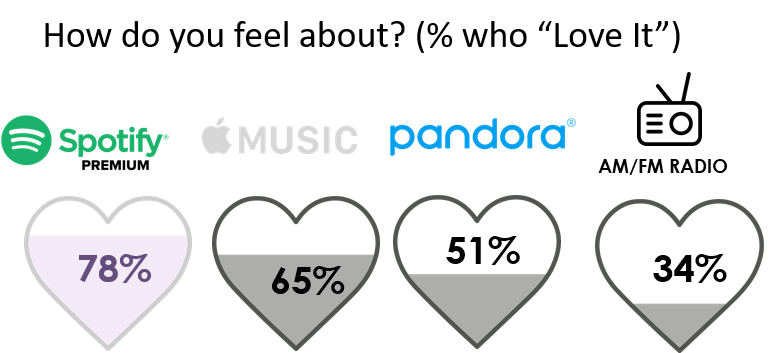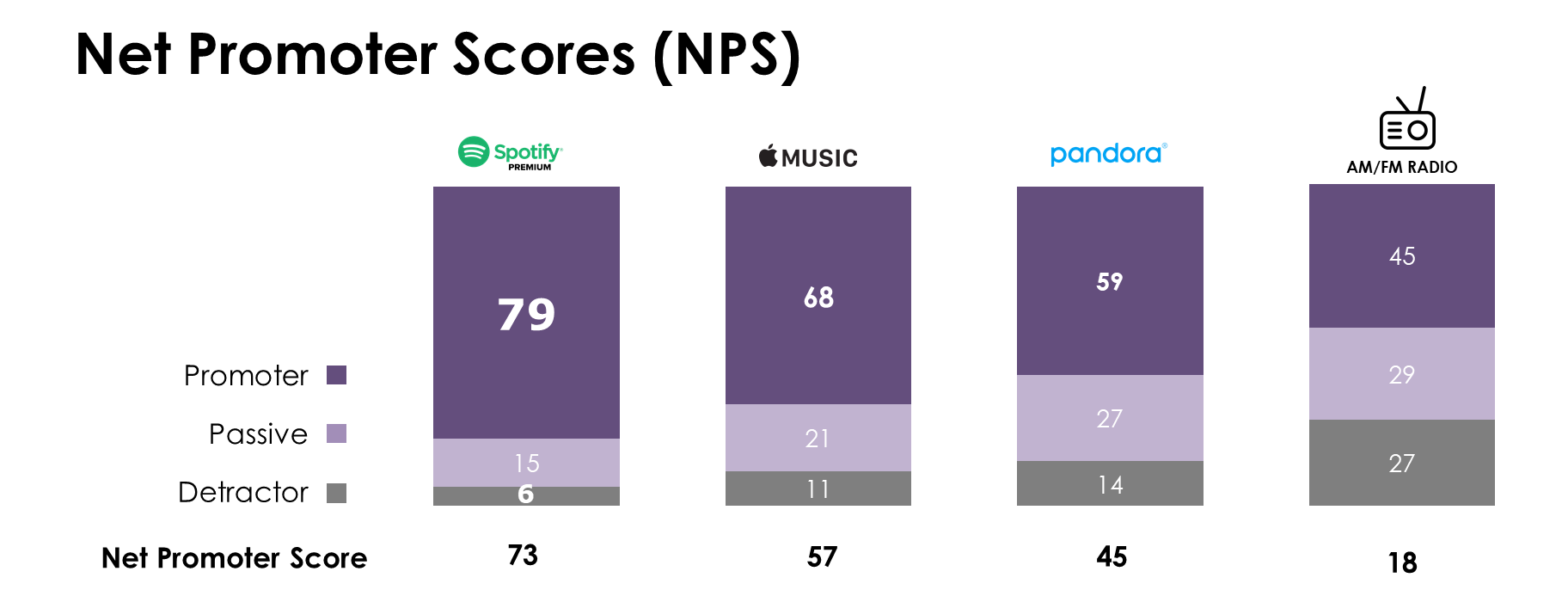There’s a furious debate taking place about the future of broadcast radio. Some pundits believe that music streaming services, podcasts and changing technology will render “radio” obsolete. Others opine that radio offers unique advantages that can be successfully evolved in a digital age. In a series of articles we will explore the arguments surrounding radio, pro and con.
Entertainment is more than ever about passion. The passion we have for binge watching Breaking Bad, or discovering new podcasts, or beating your friends at Candy Crush. Nowhere is that passion more vigorously expressed in the musical artists that we follow and listen to.
Baby Boomers had a deep, abiding passion for radio. I remember Scott Muni playing full album sides on WNEW-FM. I remember exactly where I was the first time that I heard WLIR play Roxanne from The Police. It was a partly cloudy April day driving south on the Meadowbrook Parkway with the top down. That was forty years ago and it’s like yesterday. That’s passion. That’s connection. That’s what radio is missing.
Where is the passion?
In a recent MusicWatch survey* we asked music listeners their affinity for various streaming services, and also for Sirius XM and AM/FM. Did they love it, or dislike it a lot? One in three expressed love for music on AM/FM Radio; 34 percent to be exact. By comparison, Spotify Premium is truly beloved, with 78 percent of AM/FM station websites or apps scored only slightly higher Although AM/FM has a much larger audience, what it wins in reach it loses in affinity. More concerning, only 18 percent of 13-24 year olds feel the love for AM/FM.
We live in a recommendation society. It is likely that the shows you are binging, the places you are eating or the books you are reading came from a recommendation. There’s a marketing term, “Net Promoter Score” (NPS) that indicates how well you’re doing on the recommendation scale. Think of it as Yelp on steroids; a score of 100 is perfect. Not quite half of radio listeners are “promoters”; that means they would recommend radio to a friend. But a startling 27 percent are unlikely to recommend radio. Radio has a NPS score of only 18, remarkably less than Apple Music or Spotify Premium. In fairness you wouldn’t pay for Apple Music or Spotify Premium if you weren’t at least somewhat passionate. But, compared to another ad-supported radio option, Pandora, AM/FM garners a much lower NPS score.
If affinity is a leading indicator, a predictor of future success, AM/FM has a problem- especially among younger listeners. Music streaming, podcasts and changing auto tech present strategic yet clinical challenges to “Big Radio”. Whatever future strategies portend, they need to consider how to reignite the passion. Put simply-radio needs a hug.
Next time: Radio trumpets itself as a driver of music discovery, promotes DJ’s and personalities, and relies on connections to local audiences and call-in. Does any of this really matter to its listeners?
*Sourcing: MusicWatch Music Monitor July 2018

